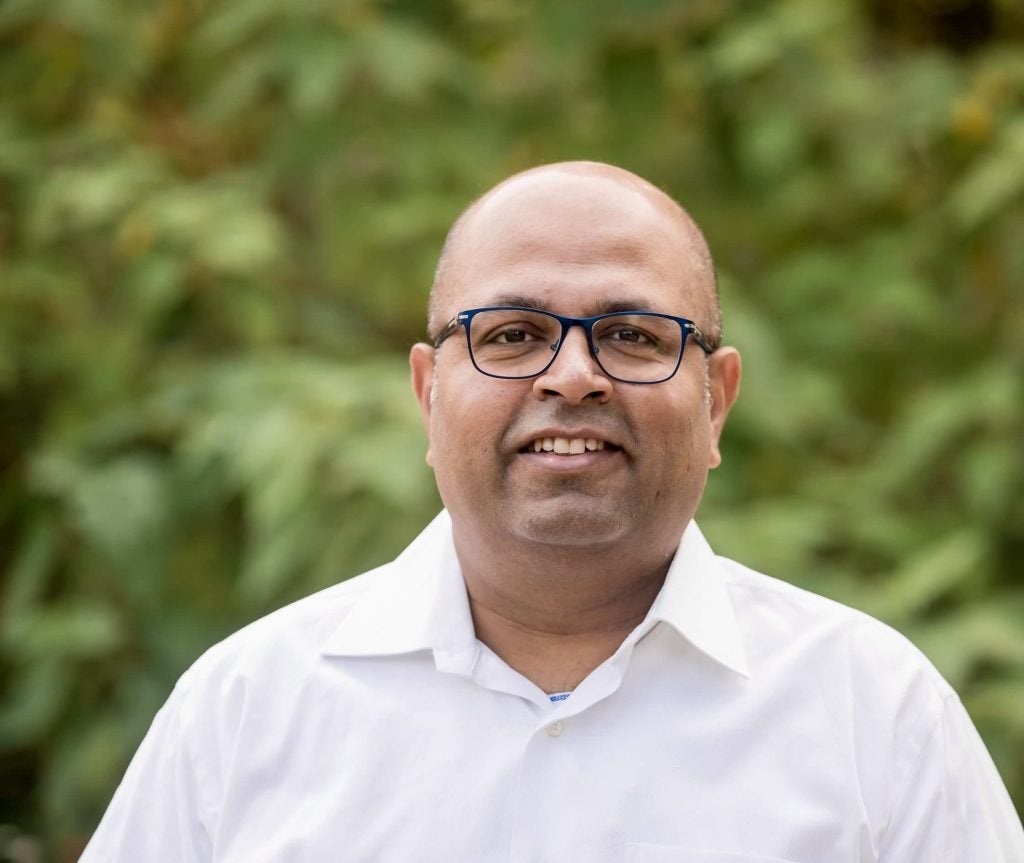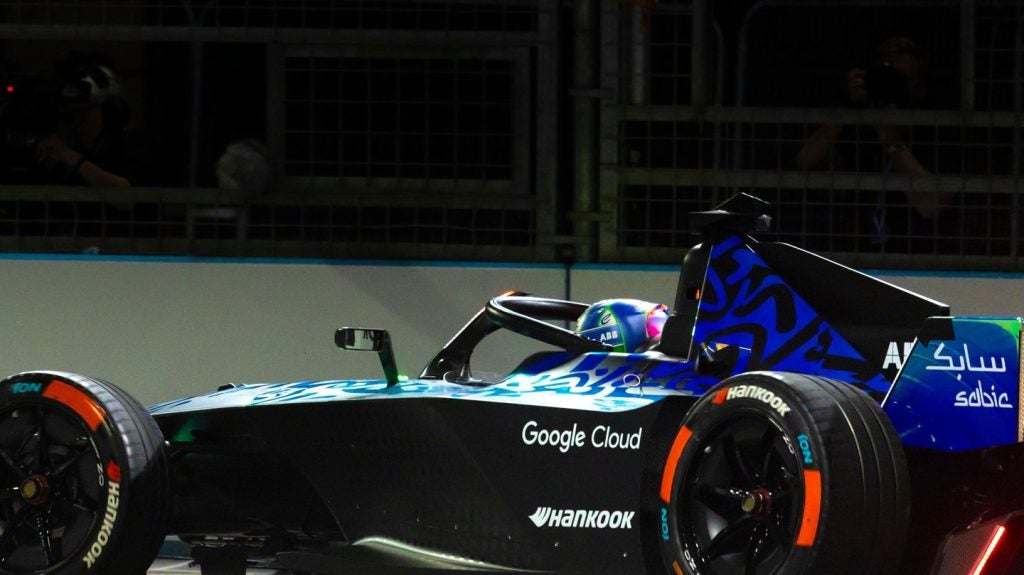
Sam Phillips is CTO and co-founder of Residently, a proptech startup providing a platform that aims to improve the rental experience.
The London-headquartered firm claims to have overhauled legacy rental processes via its digital ecosystem of services for tenants and landlords. Services such as cleaning, utility management and contents insurance can be accessed via the app, which aims to put the renter first and reduce excessive paperwork that is typically associated with the renting process.
Founded in 2017, Residently has raised £9.5m in seed funding. Phillips previously sold same-day delivery startup Shutl to eBay in 2013.
In the latest Q&A in our series, Phillips explains why you don’t need a computer science degree to be a successful CTO, how becoming comfortable in change will help focus your work, and why he’s turned to TikTok for learning.
Rob Scammell: Tell us a bit about yourself – how did you end up in your current role?
Sam Phillips: I have spent the past 15+ years focused on engineering for a range of consumer and marketplace businesses – from The Hut Group (THG), which owns ecommerce brands like Lookfantastic and GlossyBox, to The Co-op. I’ve held multiple Head of DevOps and engineering roles, working both on the technical side of building up products and scaling ideas, but also on the cultural and human side of building great teams.
I’ve been lucky enough to have been part of two successful acquisitions: Shutl – the original same-day delivery startup – that Residently co-founder Tom Allason and I sold to eBay in 2013, and, in 2007 On The Beach Travel – a major UK travel agent – sold for £40m. Now I’m using my passion for technology and problem solving to eliminate stress for renters and instead bring reliability, transparency, and flexibility to the renting experience.
How well do you really know your competitors?
Access the most comprehensive Company Profiles on the market, powered by GlobalData. Save hours of research. Gain competitive edge.

Thank you!
Your download email will arrive shortly
Not ready to buy yet? Download a free sample
We are confident about the unique quality of our Company Profiles. However, we want you to make the most beneficial decision for your business, so we offer a free sample that you can download by submitting the below form
By GlobalDataWhere did your interest in tech come from?
For a CTO I’m surprisingly bad at numbers, so instead of pursuing a computer science degree, I studied history before taking a chance on a technology job working on what became one of the first online travel websites. There I was part of multiple funding rounds, helping to scale the company before it ultimately went public. Throughout my career, I’ve understood that I’m much more interested in what technology can do for people. As such, I enjoy the strategy behind investing in time and people to solve problems. My aim is to create a transparent and collaborative environment, in which anyone can succeed in tech.
Which emerging technology do you think holds the most promise once it matures?
Consumers have come to expect great customer service and a seamless brand experience, meaning there will be less focus on emerging technologies and more focus on building things well and enhancing user experience (UX). A key part of this will be data portability and platform integrations. For example, banking technology has evolved with open banking, enabling the secure sharing of data between consumers and their bank. This innovation can now be used across sectors – in the rental market it’ll make elements such as proving your income a lot less time-consuming.

How do you separate hype from genuine innovation?
Lots of genuine innovation starts as hype! It’s all a matter of timing with startups, ideas and innovations, as the technology often exists before it has a practical use. Think about how long SMS existed before it was used at scale.
My interest starts at the practical application of an innovation. I work in startups and on consumer problems, essentially downstream from abstract R&D. By focusing on understanding technology and its direction of travel, you see how it can be applied to everyday problems. At Residently, we take existing ecommerce technology, products and practices and use them to develop property-specific products that make the renter’s experience match the well-established expectations of the modern consumer.
What one piece of advice would you offer to other CTOs?
Be an optimist. As humans we don’t tend to like change, however technology is constantly evolving so that’s unavoidable in this field of work. I’m happiest when I’m learning, so becoming comfortable in this continual movement and constant innovation was second nature to me. It definitely makes it far easier to accept that in all likelihood what you’re currently working on will never be “finished”.
What’s the most surprising thing about your job?
At this point it doesn’t surprise me, but it bears repeating that leadership within technology and software development means you primarily focus not on technology or software, but on people. I see my job as a technology leader as building the machine that makes the machine – my team is my product.
This can be surprising to new technology leaders – those who ended up as leaders because they were good at technology, rather than being passionate about building great teams.
What’s the biggest technological challenge facing humanity?
Equal access to information, by which I mean internet connectivity. The technology writer Kevin Kelly identifies the jump from industrial culture to “ubiquitous global communication” as the latest and most significant development in technology history, on par with the invention of language. Yet, many in the world still don’t have access to digital information – and I don’t mean textbook stuff: there are people in the world that don’t know that climate change exists, or contraception, or revolutions, or a spectrum of sexualities and gender identities.
We desperately need the infrastructure to get information everywhere, for everybody. We can all benefit from a massive repository of online content, from YouTube to Wikipedia. I’m also a huge TikTok fan – it houses some great content. For the most part, it’s engaging, educational, easily available and accessible.
What’s the strangest thing you’ve ever done for fun?
Perhaps not strange at all, but I do a lot of coding in my spare time! My passion for software development got me into this world, and although coding is no longer a part of my day-to-day role I still love the joy of creating. In the pandemic, with travel much more difficult, I’ve found my time off being spent sitting back at my desk building things, rather than building teams.
What’s the most important thing happening in your field at the moment?
Of course, diversity and inclusivity is key to technology. I’ve played my own small part on the diversity side through working on education initiatives – I taught the Manchester Code First: Girls course for a number of years and have worked with codebar, the global technology diversity charity, since 2013 as a coach, organiser, host and syllabus contributor. Today I try to focus my contribution on inclusion within tech: to a large degree we have now proved that we can, through education and cultural change, attract a broader spectrum of people to technology.
However, we are far from proving that we can create the environment for those people to stay within technology for a long career – so that’s my priority now. We need to be training and hiring from a much wider pool of people. It is on us to make our field attractive and be open-minded in supporting the next generation of tech leaders. If we leave this industry better than we found it, then we’ve done our jobs.
In another life you’d be?
As a kid I wanted to be an inventor – I feel like I’ve achieved that!
My ambition now for when I grow up is to return to academia: my educational background was in history, particularly on the early history of mental healthcare, sociology and psychiatry. I’d love to read more, learn more and teach.







